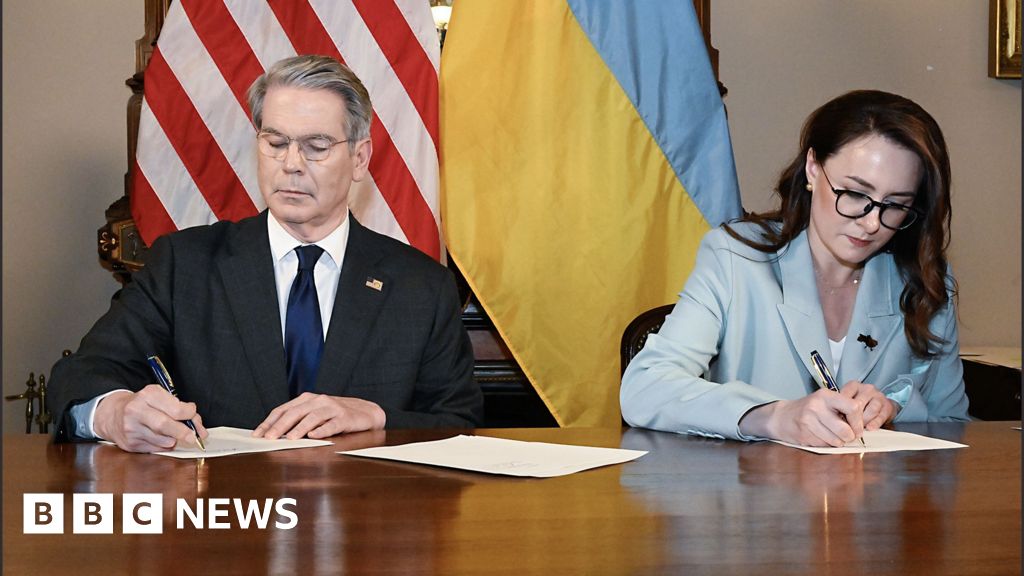Unlock the Editor’s Digest for free
Roula Khalaf, Editor of the FT, selects her favourite stories in this weekly newsletter.
UK government borrowing overshot expectations in March and in the full fiscal year, in a setback for chancellor Rachel Reeves as the economy faces the impact of Donald Trump’s tariffs.
The shortfall between government income and spending was £16.4bn last month and £151.9bn in the 12 months to March, the Office for National Statistics said on Wednesday.
This compares with a £16bn shortfall expected by economists in March. The figure for the full fiscal year was £20.7bn more than in the same 12-month period a year earlier and £14.6bn more than the £137.3bn forecast by the Office for Budget Responsibility, the government’s fiscal watchdog. It was also the third-highest level of borrowing on record for a full fiscal year.
Darren Jones, chief secretary to the Treasury, said the government was “going through every penny of taxpayer money spent, line by line, for the first time in 17 years to tear out waste”.
“We are laser-focused on making sure taxpayer money is delivering our Plan for Change missions to put more money in people’s pockets, rebuild the NHS and strengthen our borders.”
Mel Stride, shadow chancellor, accused Reeves of “fiddling the fiscal rules” and increasing borrowing by £30bn a year.
‘’These eye-watering sums are being paid for by hardworking people through higher taxes, higher prices and higher mortgage rates.’’
Ruth Gregory, economist at the consultancy Capital Economics, said the figures “showed that public borrowing was overshooting the OBR’s forecast even before the influence from the tariff chaos is felt”.
She added: “This raises the chances that if the chancellor wishes to stick to her fiscal rules, more tax hikes in the autumn Budget will be required.”
ONS chief economist Grant Fitzner, said the watchdog’s initial estimates suggested that, despite a “substantial” boost in income, public sector borrowing rose almost £21bn in the fiscal year, “largely due to inflation-related costs, including higher pay and benefit increases”.
At the end of March, he said, “debt remained close to the annual value of the output of the economy, at levels last seen in the early 1960s”.
The OBR warned last month that, despite recent welfare cuts, the government’s “fiscal headroom” — or budgetary room for manoeuvre — remained historically small at £9.9bn.
The UK’s economic outlook has since deteriorated, which could put further pressure on tax revenues and public finances.
Like many other countries, Britain has been hit by Trump’s tariffs, which include 10 per cent across-the-board duties and higher levels on steel and cars.
On Tuesday, the IMF cut its 2025 growth forecast for the UK to 1.1 per cent, down from its previous estimate of 1.6 per cent, warning of widespread economic disruption from trade tensions. It cut its global growth forecast by 0.5 percentage points to 2.8 per cent.
Additional reporting by George Parker in London
Credit: Source link










